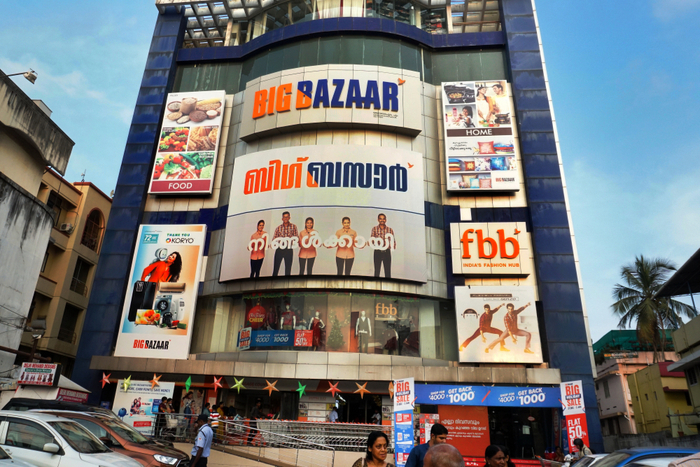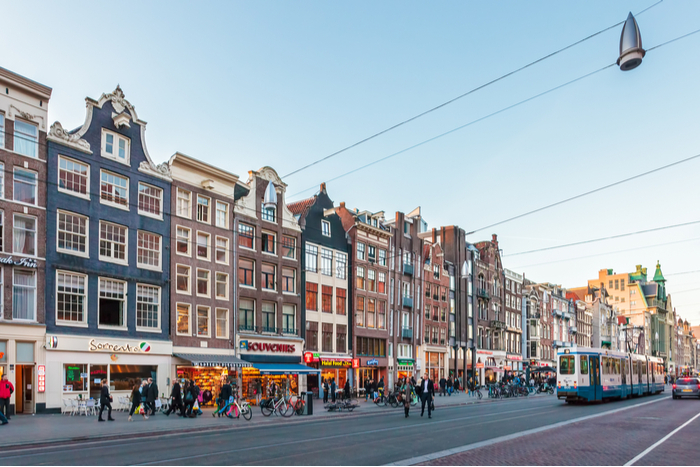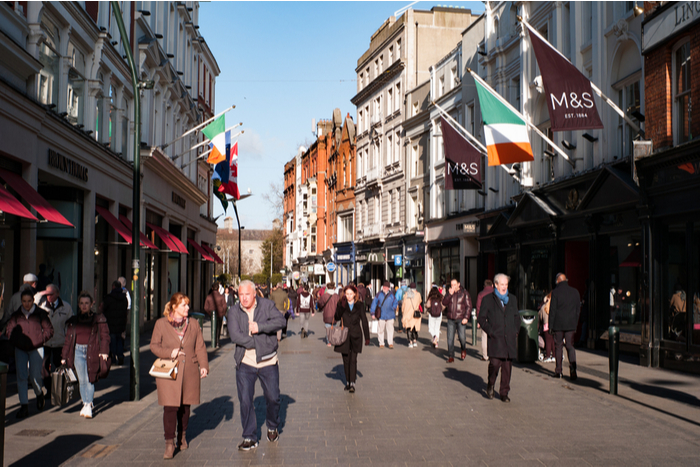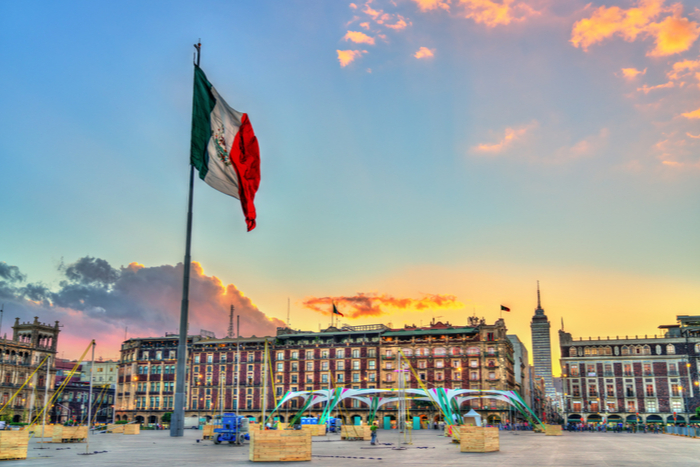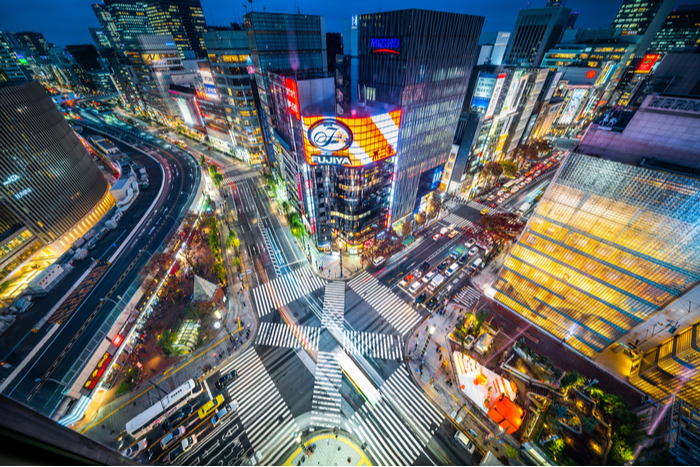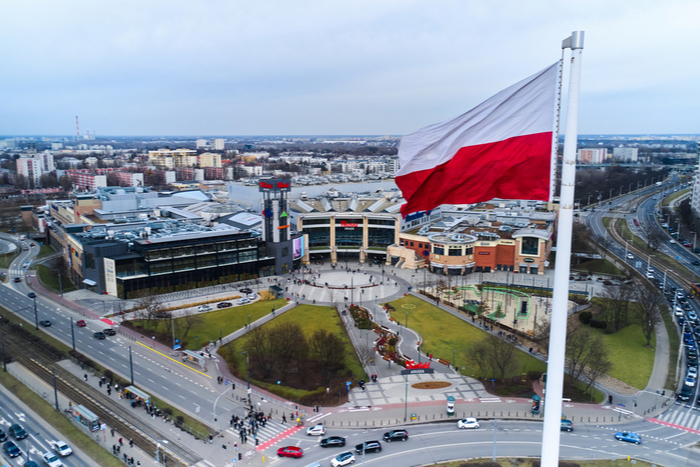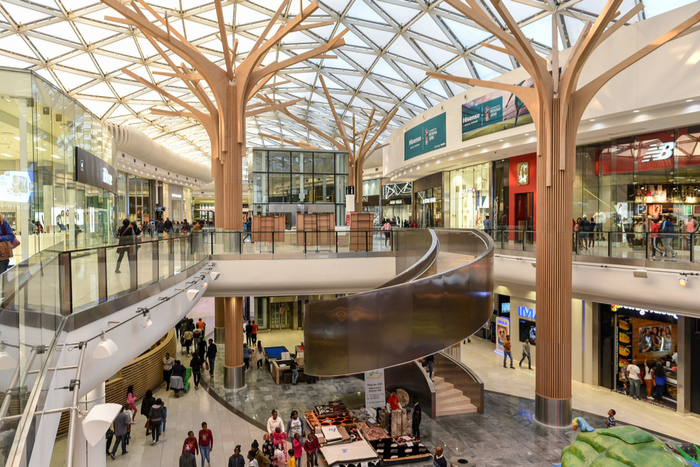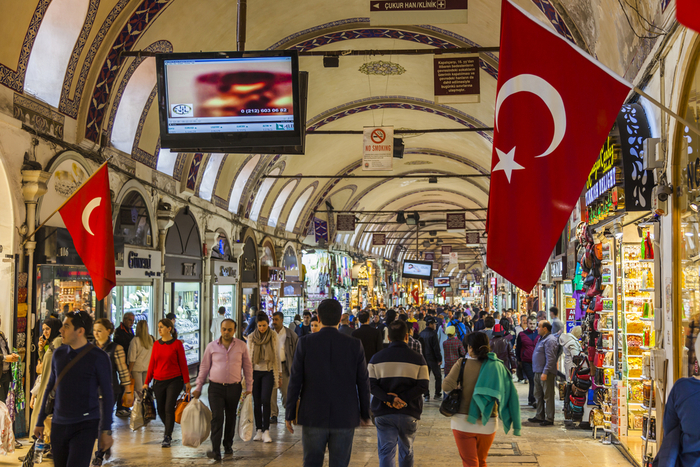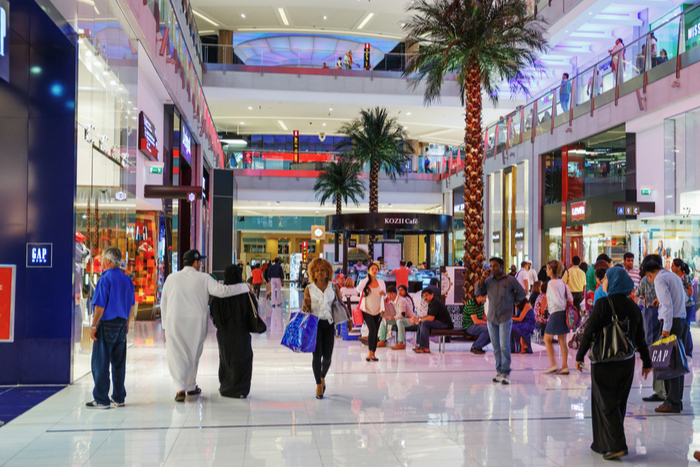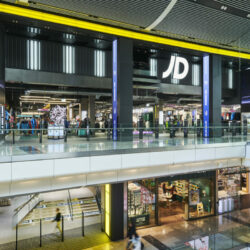With a population of 1.3 billion, India’s retail market is without doubt one of the biggest in the world.
According to PwC’s The Promise of Indian Retail 2017 report – the world’s most populous democracy possesses one of the fastest-growing economies. Meanwhile, McKinsey & Company’s State of Fashion report suggests that India’s retail industry will grow by nearly 11 per cent to reach $85 billion (£63 billion) by 2021.
Some of India’s largest retail groups include the likes of Reliance Retail, Future Retail, Avenue Supermarts, Aditya Birla Fashion & Retail, Shoppers Stop, Trent, V-mart Retail, and Infiniti Retail.

Reliance Retail owner Mukesh Ambani – who happens to be the richest person in India and owns UK toy retailer Hamlys – established online delivery service Jiomart in May this year. He is also poised to acquire the retail, wholesale and logistics businesses of fellow Indian conglomerate Future Group for £2.48 billion. The acquisition came after he locked horns with Amazon and Walmart to beat them in the bidding war.
For many years, India has been dominated by “unorganised” retail, which accounts for 90 per cent of the market. This consists of street stands and small stores owned by a single person or a family. Meanwhile, organised retail accounts for roughly 80 per cent of all retail in India, according to the Equity Master Retailing Sector Analysis Report for 2020.
Since the early 2000s, India’s organised retailers and large chains have been expanding at 20 per cent per year – driven by the emergence of shopping centres, a growing middle class and a total population that is growing at nearly two per cent each year.

“Supermarkets are far less important than local vendors in India,” Luxury Academy managing director Paul Russell told Retail Gazette.
“Indian consumers have greater loyalty to their local vendors, whereas UK consumers will go tend to go to Tesco or one of the other large grocery retailers.
“Indian consumers will use their preferred selection of speciality vendors in order to buy their meat, spices, fruit and so on.
“Indian consumers have higher expectations of service. Quite literally everything can be delivered”
“Despite this greater loyalty and less reliance on major grocery retailers, Indian grocers haven’t escaped the coronavirus pandemic and have adapted their businesses to survive.
“Home delivery has always been more prevalent in India but more grocers and stall owners are now making home deliveries in order to keep their heads above water.”
Compared to the UK, a bigger proportion of Indian consumers expect everything to be delivered, according to Russell.
“Indian consumers have higher expectations of service. Quite literally everything can be delivered and it is an expectation amongst all Indian consumers, not just affluent Indians, that this is a service that they will receive,” he said.
“In the UK, we have become quite used to self-service, but self-service isn’t part of the shopping experience in India. This is because the labour market is both bigger and cheaper.”
India’s development has also been triggered by its use of foreign direct investment (FDI), which as seen the government open up the retail sector to foreign investors. For example, the Narendra Modi-led government has allowed 100 per cent FDI in multi-brand retail for food products. Restrictions on foreign investment in front-end retail continue to exist due to opposition from millions of small shopkeepers who are valuable during elections.
India has also seen a big increase in media and online penetration, which has made consumers more aware of global fashion trends, and led to surge in demand for packaged products and premium brands.
While the value of India’s retail industry is expected to reach £810 billion this year, online retail sales is forecast to reach £44 billion this year, according to the India Brand Equity Foundation.

Yet India’s wider economy continues to be at threat due to the Covid-19 crisis, with the country reporting more than 90,500 new cases within 24 hours earlier this week – the worst 24-hour spike ever recorded across the world.
Russell said Indian retail has been “hit extremely hard by coronavirus and impacted multiple sectors such as fashion, groceries, general retail outlets and the automotive industry”.
“The Indian retail climate has been hit extremely hard by coronavirus”
Nonetheless, Retailers Association of India (RAI) indicated signs of marginal recovery after retail sales plunged by 80 per cent plunge in April. RAI chief executive Kumar Rajagopalan told Retail Gazette that retail sales in July increased 63 per cent year-on-year compared to June, which saw a 67 per cent decline.
Rajagopalan said that the country’s grocery sector showed signs of continued recovery after sales increased 46 per cent year-on-year, but the clothing sector saw sales decline by 69 per cent year on year during July. RAI also said the sports goods sector and the beauty and wellness sector in India had not recovered in the second half of July.
“In the second half of July, sales continue to witness de-growth across regions and company sizes with businesses having a turnover of Rs 20 – Rs300 crore are the worst affected in India,” Rajagopalan said.
“Localised lockdowns, weekend curfews and not allowing formats like food courts and
cinema halls to restart are creating roadblocks on the path to revival.
“It is observed that in places where the local authorities have been supportive, there is confidence in the minds of consumers.
“If the retail industry continues to be under pressure, it will have a serious rippling effect on other sectors such as manufacturing, entertainment and artisans among others.”
Voicing the concerns of the retailers, RAI said it has submitted representations to various state and local authorities that puts forth the the support and steps retailers need to get on track to recovery.
Click here to sign up to Retail Gazette’s free daily email newsletter

